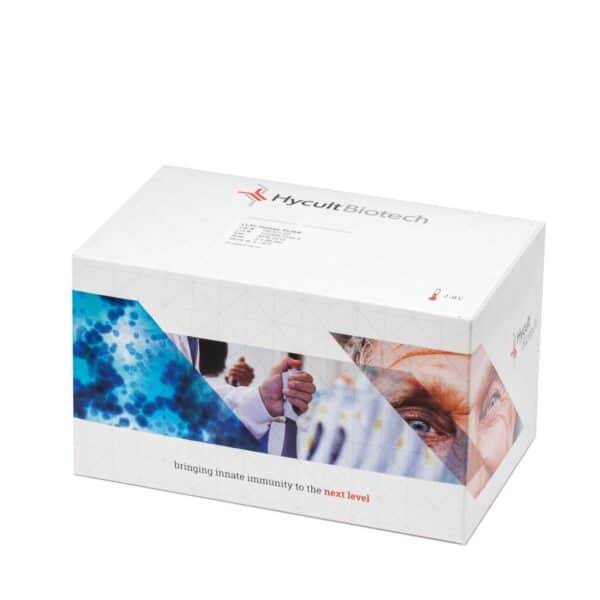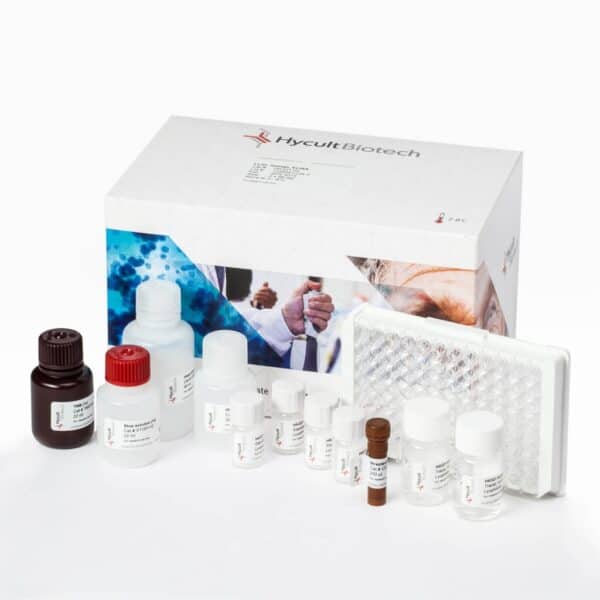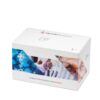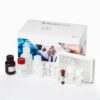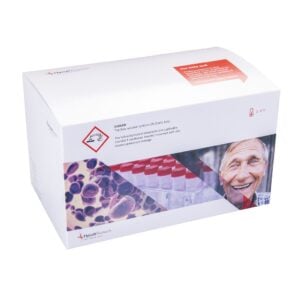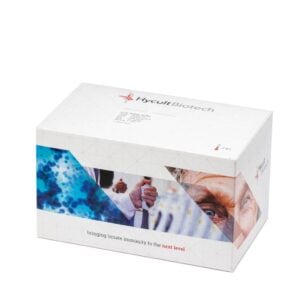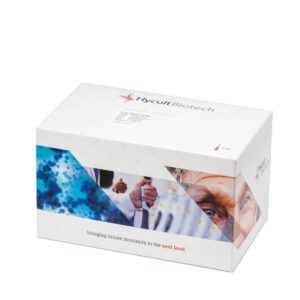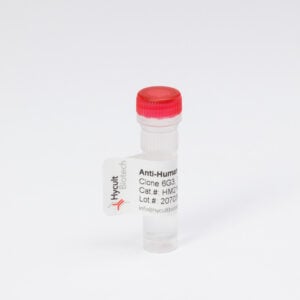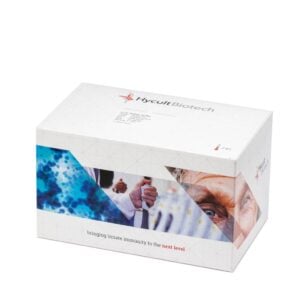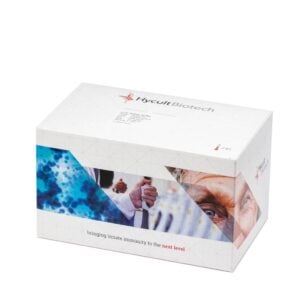TCC ELISA, human, kit
The human terminal complement complex (TCC) ELISA kit is to be used for the in vitro quantitative determination of human TCC in plasma, urine, cerebrospinal fluid, joint fluid and cell culture supernatant samples.
Read more€786.00 €1,271.00Price range: €786.00 through €1,271.00
The Terminal Complement Complex (TCC), also known as the Membrane Attack Complex (MAC), stands as a crucial player in our body’s defense mechanism. When the classical, lectin, and alternative pathways unite, they give rise to the C5 convertase, which sets the stage for the TCC’s formation. Unlike earlier stages that depend on enzymatic action, the TCC forms through a cascade of conformational shifts, beginning with C6 and culminating in the pivotal C7 binding, which fundamentally changes the complex’s structure.
The TCC is characterized by unique neoantigens, distinct markers that emerge in both the cellular MAC and the fluid-phase sC5b-9 complex. These markers are absent from the individual native components, marking the TCC’s presence as a sign of active complement engagement.
Typically, TCC levels in human plasma are negligible, yet an increase signals an immune response, offering a window into the system’s response to pathogenic threats. By monitoring TCC levels, we gain invaluable insights into immune system activity, providing a strategic advantage in both research and therapeutic development.
Key features
- 7-Point Curve – Offers precise quantification and flexibility in assay setup.
- Superior Consistency – Reproducible results across multiple experiments.
- Large Dynamic Range – Quantifies both low and high concentrations without additional dilutions.
- Multi-Sample Compatibility – Validated for use in plasma, urine, cerebrospinal fluid, joint fluid and cell culture supernatant samples.
- Cross-Reactivity with NHP Samples – Broader applicability for preclinical studies.
How to analyze complement
For accurate complement analysis, it is important that not only the correct technique is used but also that pre-analytical sample handling is performed in an appropriate manner to avoid erroneous results.
White paper – sTCC/sC5b-9 complement
The sTCC ELISA (cat.# HK328) is a highly specific assay for quantifying terminal complement activation via sTCC in human plasma and serum. It enables reliable assessment of complement activity, supporting disease monitoring, pharmacodynamics, and complement-targeted therapy development. Discover in our white paper how sTCC/sC5b-9 provides a reliable marker for complement activation.
You may also like…
-
Complement C7, Human, ELISA kit
Cross reactivityCynomolgus monkey – No, Mouse – No, Pig – No, Rat – NoView product €786.00 €1,271.00Price range: €786.00 through €1,271.00 -
View product €786.00 €1,271.00Price range: €786.00 through €1,271.00
-
C3d, Human, ELISA kit
Cross reactivityCynomolgus monkey – Yes, Horse – No, Mouse – No, Pig – No, Rat – NoView product €929.00 €1,500.00Price range: €929.00 through €1,500.00 -
View product €858.00 €1,413.00Price range: €858.00 through €1,413.00
You may be interested in…
-
View product €139.00 €9,220.00Price range: €139.00 through €9,220.00
-
View product €770.00
-
View product €770.00
-
View product €858.00 €1,413.00Price range: €858.00 through €1,413.00
